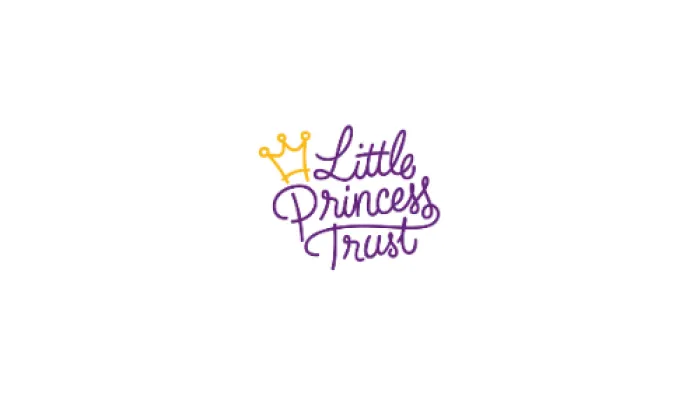Funded by the Little Princess Trust and administered by CCLG
Lead investigator: Dr Maria Teresa Esposito, University of Surrey
Award: £250,079.97
Awarded May 2025
The challenge
The survival rate for childhood acute myeloid leukaemia (AML) has considerably improved over the last decade, but certain genetic mutations still face poor survival rates. Less than half of patients with a KMT2A mutation survive for five years after diagnosis, despite initially responding well to chemotherapy. The disease very often comes back (relapse), and further chemotherapy leaves patients with very little chance of survival.
Relapse is largely due to leukemic stem cells (LSCs) that are resistant to chemotherapy. To cure patients, researchers need to understand more about LSCs and what makes them vulnerable. Then they can develop new treatments able to fight these cells.
The project
Dr Maria Teresa Esposito’s lab at the University of Surrey hopes to learn more about a gene called SET, which they have shown is crucial for the survival of LSCs. The team know that ‘turning off’ SET can stop the growth of KMT2A mutated cells and make chemotherapy more effective. However, they do not know enough about what SET actually does or how it helps LSCs grow. In this project, they hope to discover why a drug that stops SET from working can fight AML, and to test the best new treatment options for patients.
There is already a drug that turns off SET, called FTY720, used for multiple sclerosis. However, it can’t be used for AML patients because it suppresses the immune system. The researchers will test new immune-safe versions that haven’t been used before for childhood AML.
The impact
Dr Esposito hopes to identify a new treatment for childhood AML that is safer and more effective. Turning off SET does not damage healthy blood cells, which means that the new treatment could potentially be safer and better tolerated by patients than standard chemotherapy, which kills normal cells as well as cancer cells. She also hopes to understand more about SET, to show which patients could benefit from a new treatment.

The Little Princess Trust
This project was funded by The Little Princess Trust. They fund research projects in partnership with CCLG, combining CCLG's research funding and grant management expertise with The Little Princess Trust's fantastic fundraising to support world-class scientific research.

